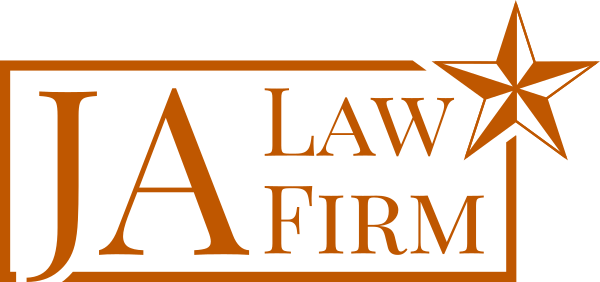HB 39 – Modifying Liability for Commercial Motor Vehicle Operators
What the bill proposes:
HB 39 seeks to amend the Civil Practice and Remedies Code to limit the liability of employers in cases involving their CMV operators. Specifically, the bill stipulates that if an employer admits that their employee was acting within the scope of employment during an incident, the employer's liability for damages caused by the employee's ordinary negligence would be based solely on the principle of respondeat superior. This legal doctrine holds employers responsible for the actions of their employees performed within the course of their employment.capitol.texas.gov+1capitol.texas.gov+1capitol.texas.gov+1capitol.texas.gov+1
Furthermore, the bill restricts the admissibility of evidence regarding an employer's failure to comply with regulations or standards in the initial phase of a bifurcated trial. Such evidence would only be admissible if it directly relates to the proximate cause of the injury or death and pertains to a specific duty of care applicable to the defendant or their employee. capitol.texas.gov+1capitol.texas.gov+1capitol.texas.gov+1capitol.texas.gov+1
Illustrative example:
Consider a scenario where a commercial truck driver causes an accident resulting in $100,000 in medical expenses and $50,000 in property damage, totaling $150,000 in economic damages. Under current law, the injured party might pursue additional claims against the employer for negligent hiring or supervision, potentially increasing the total recoverable amount.
Under HB 39, if the employer acknowledges that the driver was acting within the scope of employment, the injured party's claims would be limited to the $150,000 in economic damages under respondeat superior. Additional claims related to the employer's negligence in hiring or supervision would be precluded, potentially reducing the overall compensation available to the injured party.
Example: How Evidence Would Be Restricted
Let’s say a commercial driver with a history of DUI convictions is hired by a trucking company without a proper background check. One night, he’s speeding through a construction zone, crashes into a family vehicle, and seriously injures two people. A lawsuit is filed.
Under current law, the plaintiff can:
Sue the driver for negligent operation,
Sue the company for negligent hiring, and
Introduce evidence showing the employer failed to run a background check and ignored multiple red flags.
A jury could hear all of that and award compensatory and possibly punitive damages based on the employer’s reckless conduct.
Under HB 39:
If the employer admits the driver was on the job, the plaintiff cannot bring a negligent hiring claim in the first phase of the trial.
The jury won’t hear that the driver had prior DUIs or that the company skipped the background check—even if those facts are highly relevant to why the crash occurred.
The only thing the jury gets to consider is whether the driver was negligent in this one incident.
The only way that employer hiring or safety evidence comes in is if:
The plaintiff seeks punitive damages, and
The court finds there’s enough evidence to justify a second trial phase.
Dollar Impact Example:
Let’s say the plaintiff’s medical bills total $180,000, with projected future care of $100,000, and pain/suffering estimated at $300,000.
Under current law, proving gross negligence could unlock punitive damages of $1 million or more, depending on the company’s conduct and net worth.
Under HB 39, those additional damages might never be considered unless the plaintiff meets the high bar for punitive damages—which is difficult, costly, and often requires a separate
Who is pushing this bill:
HB 39 is supported by trucking companies, logistics firms, and business associations advocating for tort reform. They contend that the bill will prevent excessive litigation and protect businesses from undue liability.
How it affects lawyers:
The bill could limit the strategies available for pursuing claims against CMV operators and their employers. By restricting claims to respondeat superior, attorneys may face challenges in holding companies accountable for broader issues such as negligent hiring, training, or supervision.
How it affects Letter of Protection (LOP) providers:
LOP providers, who offer medical services with the expectation of payment from future settlements, may experience a decrease in the number of personal injury claims arising from CMV accidents. With potential reductions in recoverable damages, the financial viability of accepting LOPs in such cases could be impacted.
How it affects injured people:
Individuals injured in accidents involving CMVs may face limitations in seeking full compensation. The inability to pursue claims related to an employer's negligent hiring or supervision could restrict the avenues for recovery, potentially leaving injured parties with unmet financial needs.
What’s next:
As of March 13, 2025, HB 39 has been filed and is awaiting further action in the legislative process. Stakeholders should monitor its progress through committee hearings and potential floor debates to stay informed about its implications.

